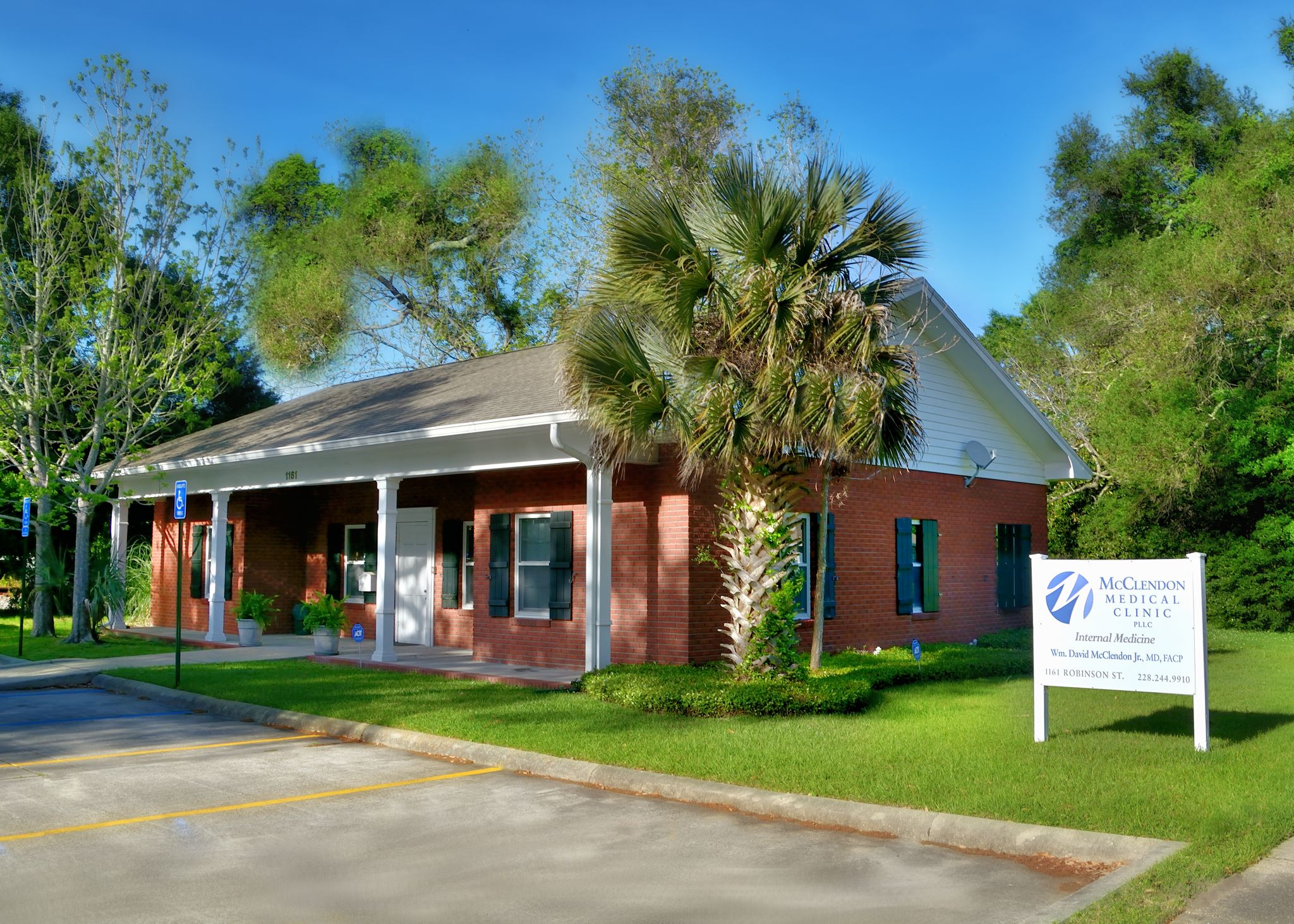Today, Aledade announced it has closed a $64 million Series C funding round following the continued growth of its national network of physician-led Accountable Care Organizations (ACOs). OMERS Growth Equity led the round which included strategic investors California Medical Association, and returning investors Meritech Capital, Echo Health Ventures, CVF, and GV.
“When we started Aledade nearly six years ago, we believed that value-based care was the only path forward for our health care system and a sustainable business model for independent primary care practices,” said Farzad Mostashari, MD, CEO and co-founder of Aledade. “Our uniquely resilient business model - built on years of hard work, innovation, and partnership - means that we have the resources during this difficult time to be able to support practices, and help them not only to survive, but to thrive. Aledade’s mission of always doing the right thing for patients, for doctors, and for society is now, and will continue to be, the core of our success as a business.”
Aledade now partners with more than 550 independent practices and 7,300 providers in 27 states. Aledade’s ACOs care for more than 840,000 patients and manage more than $7.5 billion in health care spending through 38 Medicare and 42 other value-based contracts.
The funding round comes as Aledade has experienced over 60 percent annual growth in revenue as well nearly 50 percent annual growth in its patient base and total health care spending under management. This funding will empower the company to continue growing its existing and new ACOs as well as its value-based contracts with Medicare, Medicare Advantage, Medicaid, and leading commercial health plans.
“All across America, primary care physicians are in need of innovative ways to deliver better care at lower cost, while simplifying the administrative burden that takes time away from their patients. As this shift from legacy models of reactive patient health management to proactive value-based care gains momentum, and interest in the ACO approach continues to grow, Aledade is working hard to support physicians through this positive change,” said Teresa Lee, Managing Director, OMERS Growth Equity. “We are proud to have led this new investment in Aledade’s team and business, and look forward to helping the company build out its proven model, team, business, and vision of a better health care system built around trusted primary care providers.”
Aledade’s growth has been driven by the success of its physician-led ACO model, in which the company shares in the risk and reward of value-based contracts with the participating independent practices. Aledade ACOs have improved quality of care and health outcomes while controlling costs in all types of public and private payer contracts. As a result, Aledade’s partner practices have received more than $47 million in shared savings revenue to date.
“By working with Aledade, our practice has benefited from the technology, analytics, and practice transformation guidance they continually offer us. In addition, through our value-based contract arranged by Aledade, we’ve earned significant shared savings revenue for delivering the best possible care to our patients,” said Dr. Susan Chiarito, a member of the Aledade Mississippi ACO, which earned shared savings payments from Medicare last year. “Now more than ever, it’s clear that the value-based care opportunities we have through our ACO are critical to the health of our patients and the success of our practice through the COVID-19 pandemic.”
As the health care system faces the COVID-19 pandemic, Aledade’s ACOs keep patients healthy, at home, and out of the ER or hospital by focusing on improving access to and delivering proactive, coordinated primary care. Furthermore, Aledade’s ACOs use advanced data analytics to gain insights on population health and conduct proactive care management for their most at-risk patients. In the most recently available Medicare results from 2018, Aledade’s Medicare ACOs reduced patient stays in skilled nursing facilities by an average of 17 percent and hospitalizations by an average of 6 percent.


